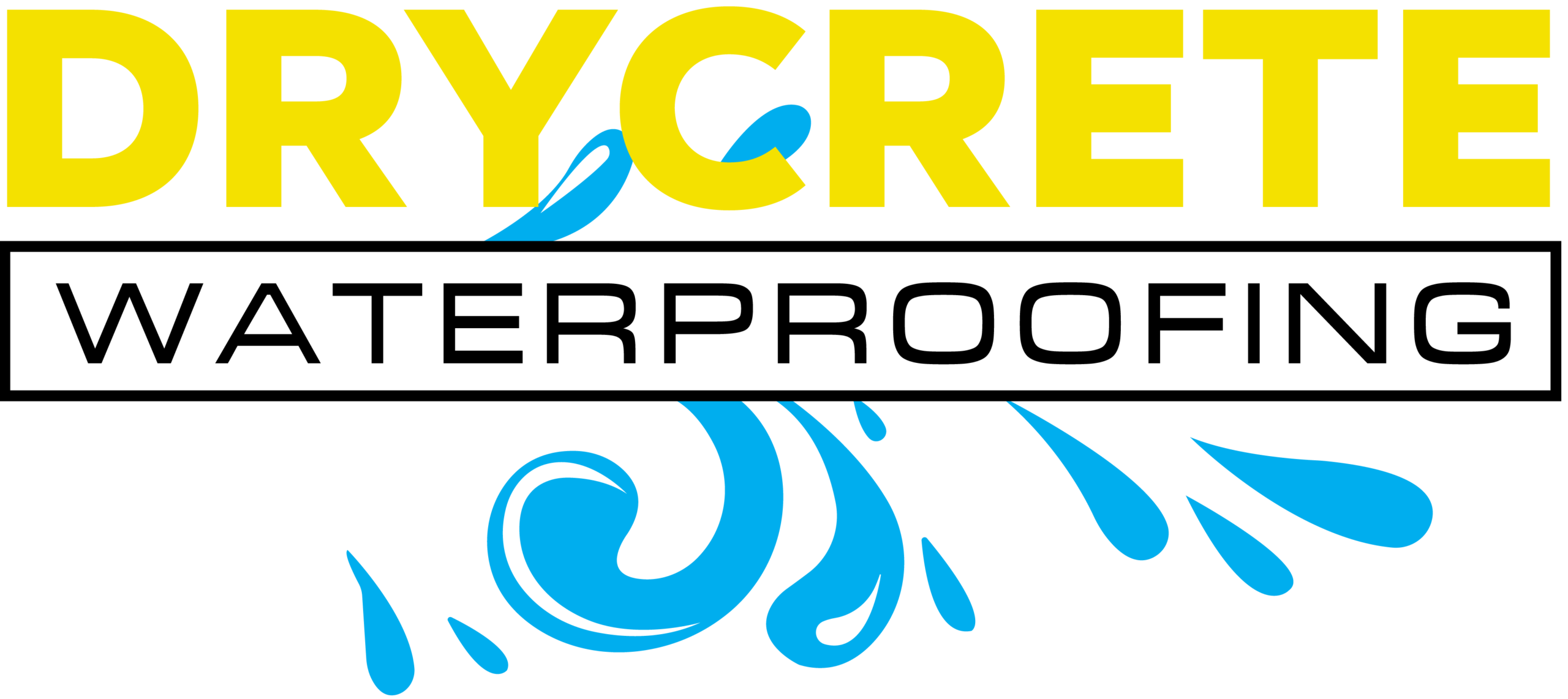Block foundations, or cinder block foundations, have long been a common choice because they offer an affordable foundation solution. They make overall construction easier as well. You will find that many homes were built this was for its simplicity and cost (most people don’t choose this) people have turned to this approach, both for its simplicity and its cost. Eliminate this underlined sentence.
The downside to block foundation is when it comes time to make repairs. They can be more challenging to repair correctly. This is why using a professional to repair a block foundation is vital to ensuring it gets done right. After all, it’s the foundation of your home or other structure that we’re talking about.
Take a look at some of the reasons using a professional for this type of repair is critical.
What is a Block Foundation?
Block foundations are built by stacking cinder blocks, rather than pouring a solid concrete layer. The hollow cinder blocks are stacked on top of each other and then sealed together using mortar. It provides a similar result to concrete, but is much easier to accomplish initially.
When needed, the cinder blocks will have rebar added to them to provide additional support. The stacks simply are staggered around in rows until the appropriate height has been reached.
The Advantages of Block Foundations
There are certainly benefits to using a block foundation, just as there are disadvantages. Here are a few of the advantages:
- Cheaper to construct (reduced labor costs)
- Easier to construct
- High load-bearing capacity (beyond poured concrete)
- Stability
The Disadvantages of Block Foundations
No matter how great something seems, there can always be disadvantages as well. Here are a few of those to consider:
- More likely to bow or buckle
- Masonry is a dying skill
- Moisture will wear the mortar down over time
- Sometimes more challenging to make repairs
Common Block Foundation Issues
With these pros and cons in mind, let’s consider some of the issues that you might face. Using block foundation can certainly be a good choice, but it’s beneficial to be aware of potential issues as well.
Some issues include:
- Cracks
- Tipping Walls
- Bowing/Buckling
- Wet Blocks
Cracks
Cracks will happen over time and are usually the result of moisture wearing down the mortar and the cinder. If you don’t have proper drainage or the wall receives too much moisture, this can lead to cracks.
Of course, the opposite can happen as well. If the earth lacks moisture and is too dry, it causes settling that can lead to cracks. Any type of shifting or movement can eventually cause cracks in a cinder block foundation.
Tipping Walls
A tipping wall is just what it sounds like: a cinder block wall that begins to lean. This isn’t something that is likely to happen overnight, but can result from receiving excessive moisture for an extended period of time.
The wall can lean thanks to moisture, excessive dryness, or even vibrations in the ground. In addition, the wall could eventually fall over completely if not remedied.
Bowing/Buckling
Bowing or buckling is when the wall starts to give way. If it appears to be folding in or the center of the wall bows inward, this is a problem. What happens is the weight of the home might be too much for the design of the cinder blocks and over time, the blocks begin to move from the weight.
This can typically be prevented by the construction team using reinforcement, like rebar, during initial construction.
Wet Blocks
When your cinder blocks frequently look damp or even wet, it means moisture is making its way where it shouldn’t be. Over time, that exposure to moisture will wreak havoc on your foundation, so take action right away.
How Do Block Foundation Cracks Happen?
What exactly leads to these cracks in your foundation? Well, there are several things that might cause it. We know that excessive dryness or excessive moisture can have an effect. We also know that things like earthquakes or even vibrations in the earth from public transit might have an impact.
Here is some more insight into the potential causes:
- Unbalanced Soil Pressure: This can cause horizontal cracks because the pressure of the soil causes shifting in your foundation. The cracks are probably near the ends of the wall and will likely look like a staircase.
- Improper Drainage: Gutters that aren’t working properly or even sump pumps and French drains can cause excessive moisture, causing too much saturation in the soil. This moisture erodes the blocks and mortar, leading to cracks.
- Weak Foundation Walls: If the foundation is vulnerable in any way, this can lead to cracks. Sometimes you notice it on steps or porches as well. Something has become too weak for the load it bears.
Why You Need a Pro for Your Block Foundation Repair
This type of repair affects the very foundation of your home. If it isn’t done right, you run the risk of the walls failing. They could tip, buckle, and wear down, causing you much bigger problems.
Don’t ignore cracks and signs of disrepair, but be sure to use a trained professional to ensure the repairs are done correctly. It’s your home’s stability and safety we’re talking about.
Let Drycrete Help with Your Block Foundation Repair
We are here to help when you need block foundation repairs. Our teams have more than 30 years of experience working with concrete and foundations. Quality and consistency have always been our priority to get your home stable and safe.
If you need repairs for your cinder block foundation, please reach out to us at Drycrete Waterproofing. We’re here to help!

